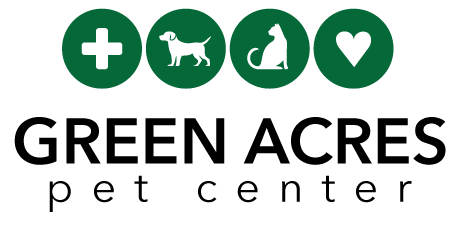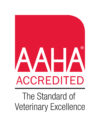Library
-
The birth of a baby or the adoption of a new child can be associated with both excitement and stress. It is important to prepare your pet for the new addition. Before the baby arrives, introduce novel sounds and scents, and be sure your pet has access to safe resting spaces. Socialize your young pet to children from the start. Children should be directly supervised by an adult when they interact with pets.
-
Children often have very close relationships with pets, and especially with dogs. Losing a pet dog is inevitable and may be the child's first experience of death, but there are ways for parents and others to help the child cope with it. Start by talking with your child about death truthfully and in an age-appropriate manner. It is important for children to have the chance to say goodbye. Children grieve just as intensely as adults do, but often have different ways of expressing their grief. Each child will grieve their dog in their own unique way and at their own pace. With care and support, your child can grow through the grief and heal.
-
Children often have very close relationships with pets, and especially with cats. Losing a pet cat is inevitable and may be the child's first experience of death, but there are ways for parents and others to help the child cope with it. Start by talking with your child about death truthfully and in an age-appropriate manner. It is important for children to have the chance to say goodbye. Children grieve just as intensely as adults do, but often have different ways of expressing their grief. Each child will grieve their cat in their own unique way and at their own pace. With care and support, your child can grow through the grief and heal.
-
It is important to prepare your dog for a new baby, particularly if the dog has not been exposed to children before. Most dogs readily accept infants after an initial period of adjustment and curiosity. Even the friendliest dog should be supervised when the baby is nearby.
-
Chin acne in cats is a poorly understood disorder of follicular keratinization (the overproduction of keratin, a protein found in the outer layer of skin). If this excess keratin is trapped in the hair follicle, comedones (blackheads) form. Pustules (pimples) may form if bacteria infect the comedones. The underlying causes are not fully understood but may be associated with excess sebum production, viral infection, immunosuppression, stress, or poor grooming. Treatment options are available and often involve improved hygiene.
-
One of the most unique and striking-looking dogs, Chinese Cresteds resemble pint-sized stallions. Lively and friendly, they keep faces washed with kissing. Like all Toy breeds, they were bred for loving companionship, and they carry out their job well.
-
The Chinese Shar-Pei tends to present one face to his family and another to the world at large. To the latter, the dog behaves in a calm, dignified and aloof manner; with his family, the dog will lighten up and tap into his inner clown.
-
Playful, dedicated and eager to please, they'd make lousy guard dogs. They are calm, non-aggressive, and would rather hang out with their owners than run too far away in open areas.
-
Chlamydial conjunctivitis in cats is highly contagious and can look similar to herpes conjunctivitis. Young cats and kittens are especially vulnerable to this infection, although chlamydia can be detected in cats of all ages. It is one of the most common causes of infectious conjunctivitis in cats. This handout describes the clinical signs and how this condition can be treated or prevented.
-
Chlorambucil is given by mouth and is used off label to treat certain types of cancer and autoimmune diseases. Common side effects include fur loss and changes in hair coat, as well as gastrointestinal upset. Do not use in pets that are allergic to it or other alkylating medications, that have bone marrow disease, have an active infection, or that are pregnant or lactating. If a negative reaction occurs, please call your veterinary office.


